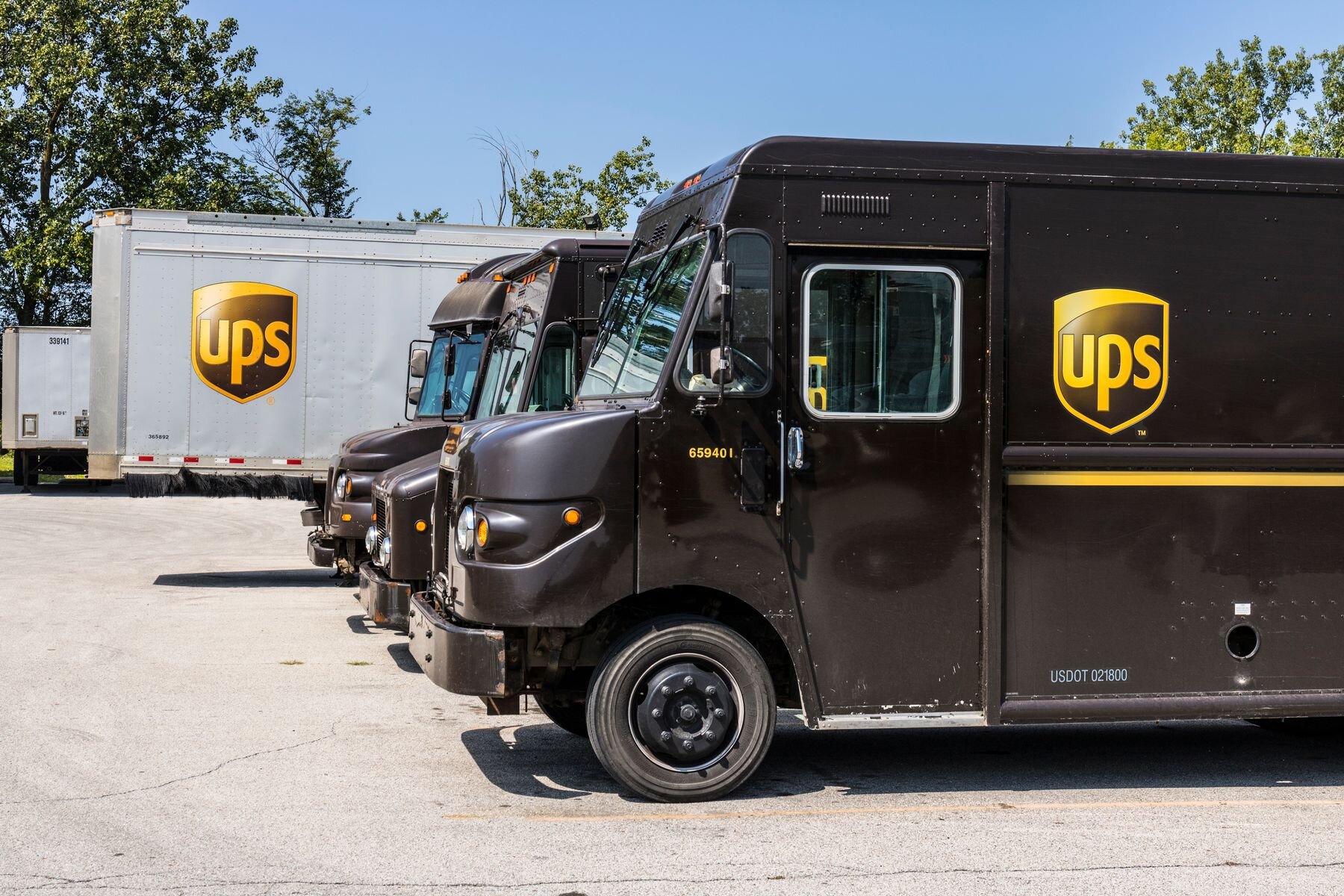Ladies Win Class Action Status in the Google Gender Pay Disparity Suit
/In recent news, a class of 10,800 women win class action status in the gender pay disparity suit against Google.
The Case: Ellis v. Google Inc.
The Court: California Superior Court, San Francisco County
The Case No.: CGC-17-561299
The Plaintiff: Ellis v. Google Inc.
The plaintiffs in the case, almost 11,000 women, filed the lawsuit claiming that Google pays men more than women for doing the same job. Four lead plaintiffs will represent the women in the class group over claims of gender-based pay discrimination. The plaintiffs allege violations of California’s Equal Pay Act, which is one of the strongest measures of its kind in the country.
The Defendant: Ellis v. Google Inc.
Alphabet Inc.’s Google failed to persuade the judge in the case to block class-action status for the gender-pay disparity lawsuit. Google claims that they conducted an analysis for the last several years designed to ensure pay, bonuses and equity awards are fair. The company claims that when they discover differences in pay, including gender-based disparities, they make adjustments; increasing pay to remove the disparities before new compensation goes into effect.
The History of the Case: Ellis v. Google Inc.
Plaintiffs in the case seek more than $600 million in damages. Women at various tech companies have turned to the courts to seek equal pay and treatment at work, but have had difficulty gaining traction. Other gender disparity lawsuits on behalf of women workers in other industries (retail, finance, etc.) have seen similar results. In 2011, the U.S. Supreme Court blocked 1.5 million women that worked at Walmart Inc. from pursuing discrimination clams as a class, which set the bar fairly high.
Similar Cases In a Number of Industries:
Oracle Corp. faced similar allegations last year and saw a similar ruling.
Twitter Inc. faced a lawsuit from their female engineers, but the plaintiffs were not granted class action status. The ruling was upheld on appeal.
Microsoft Corp. also faced claims of gender-bias, but the plaintiffs failed to win class-action status. The ruling was upheld on appeal.
If you have questions regarding employment law and how it protects California employees from gender discrimation, get in touch with Blumenthal Nordrehaug Bhowmik DeBlouw LLP. Experienced employment law attorneys are ready to assist you in various law firm offices located in San Diego, San Francisco, Sacramento, Los Angeles, Riverside, and Chicago.










